Many proverbs and sayings have been passed down through generations, offering nuggets of wisdom to those seeking advice. But language evolves, and some once-common phrases can now be seen as insensitive. Here are 30 time-honored sayings that are now considered offensive.
“One Small Step for Mankind”
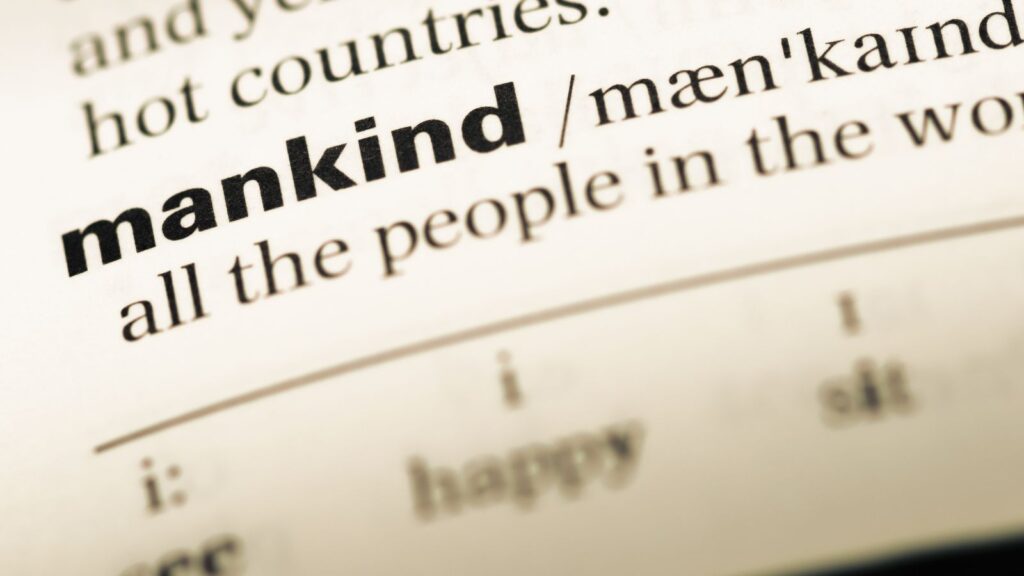
The term “mankind” is considered outdated and should be replaced with “humankind” to be gender inclusive. It also recognizes the importance of women and non-binary people as being equally important as men.
“Girls Will Be Girls”

Using the phrase “girls will be girls” is pandering to gender stereotypes as it implies girls are inherently emotional, dramatic, or prone to bad behavior. This limits expectations for girls and reinforces ideas of how girls “should” act. Instead, people should call out the specific behavior that needs addressing rather than generalizing because of sex.
“That’s Crazy”
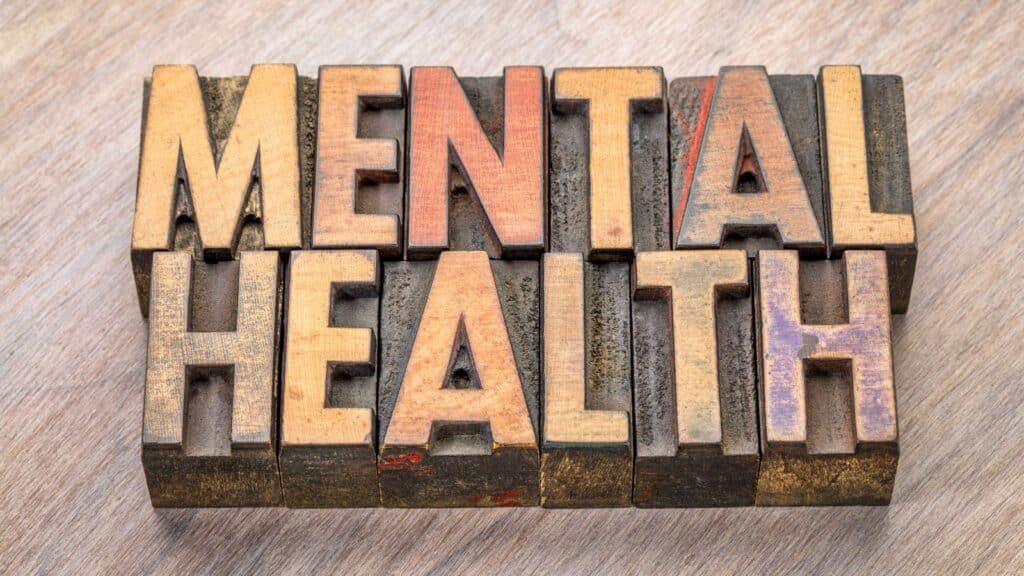
“Crazy” is often used to describe people with mental illness negatively. Using it casually can contribute to the stigma surrounding mental health issues, so it should be avoided. You can say “that’s strange” or “that’s unusual” as an alternative.
“You’re Such an Indian Giver”

People have used the term “Indian giver” for years without understanding its origins. It stems from the Native American gift-giving ceremony that involves reciprocity or building relationships, which is different from the concept of a free gift with no expectation of return. The phrase labels someone as untrustworthy or deceitful, perpetuating a negative stereotype about Native Americans.
“Hang on a Cotton-Picking Minute”

This saying is linked to the history of slavery in the United States when enslaved people were forced to pick cotton. The job was backbreaking and laborious, so using “cotton-picking” as a negative adjective trivializes that terrible experience. A simple “hold on a minute” will suffice.
“Check your Blind Spot”
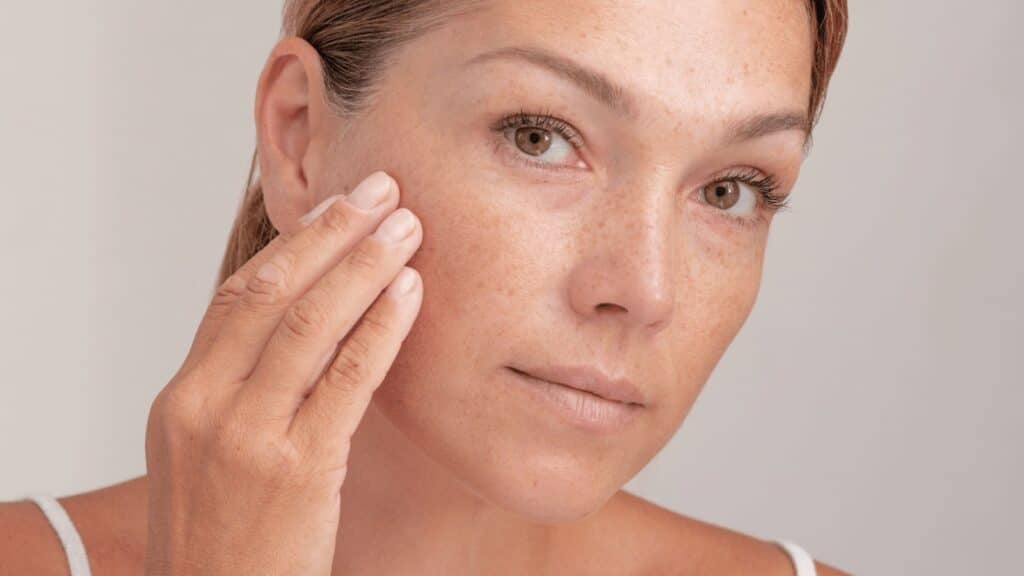
While it is important to check difficult-to-see areas when driving, some people take offense to the term “blind spot.” They argue that using the term does not take into account the visually impaired, who may feel uncomfortable hearing these words.
“He’s The Black Sheep of the Family”
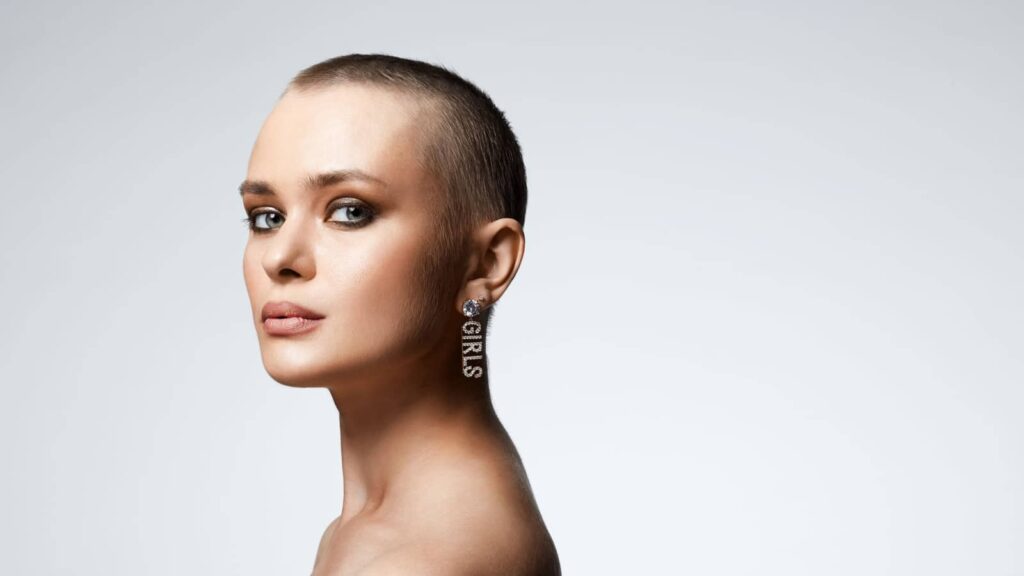
While ‘black sheep of the family’ is a common saying to describe a different family member, it can be insensitive as it can reinforce negative stereotypes of black people. People who claim this to be “woke” behavior point out that the term originates from black wool being less commercially valuable than white wool.
“Grandfathered In”
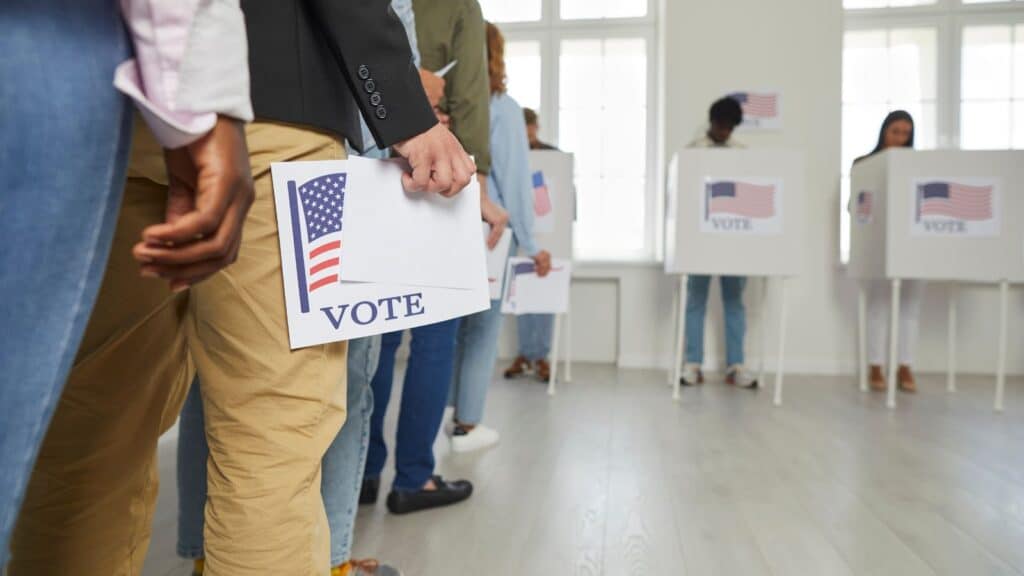
This term comes from the “grandfather clause” used in some Southern states during the Jim Crow era. These clauses exempted white men from literacy tests or poll taxes required to vote if their grandfathers could vote before a certain date, effectively disenfranchising newly freed Black men while allowing white voters to continue participating. Therefore, using this term reflects a system that privileges those already in power and creates an unfair advantage for them.
“She’s Suffering with Diabetes”

This phrasing positions diabetes as the person’s defining characteristic and emphasizes the struggle. It’s better to say, “She has diabetes,” and focus on the person as a whole.
“They Are on the Blacklist”
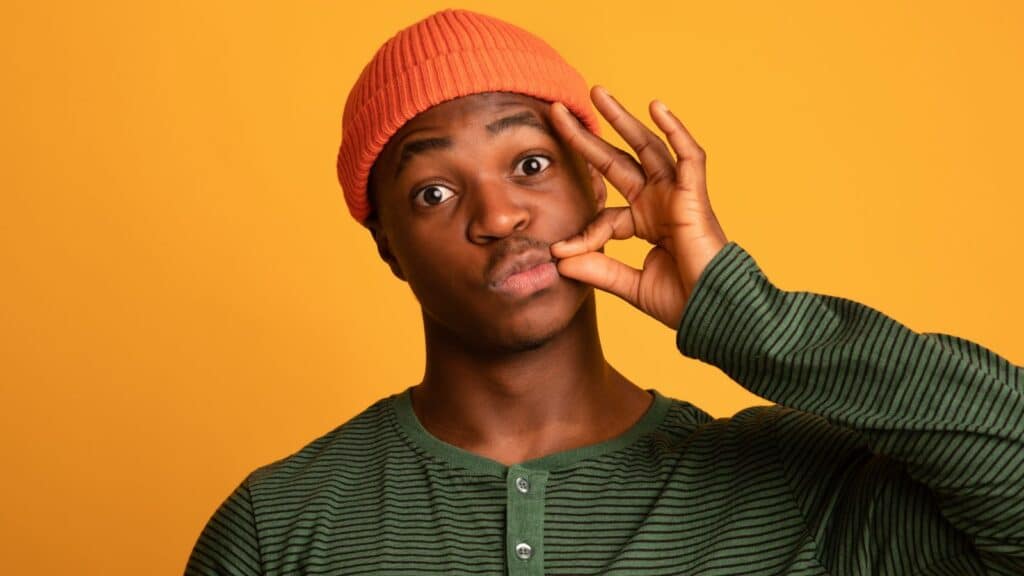
While not the original intent, “blacklist” can unconsciously play into racial biases. Historically, blacklists were used to deny opportunities to Black people, so using the term “blacklist” instead of a neutral phrase like “denied access” could offend.
“Stop Being a Gyp”

Gyp” is a shortened version of “gypsy,” a slur used against the Romani people. This ethnic group has faced centuries of discrimination and prejudice, so people freely using the term “gyp” is derogatory and unwelcome.
“That’s My Spirit Animal”

The concept of spirit animals holds deep spiritual significance in various Indigenous cultures, and the casual use of the term “spirit animal” might be seen as disrespectful or trivial regarding those beliefs. Alternatives like “that resonates with me” or “I feel a kinship with that” express a strong connection without appropriation.
“Hysteria”

Throughout history, hysteria was a diagnosis used primarily for women, often attributed to a wandering uterus or other unfounded ideas. It was used to dismiss a wide range of symptoms, from anxiety to fainting, without a proper medical explanation and perpetuates the stigma of women being overly emotional.
“Ghetto”
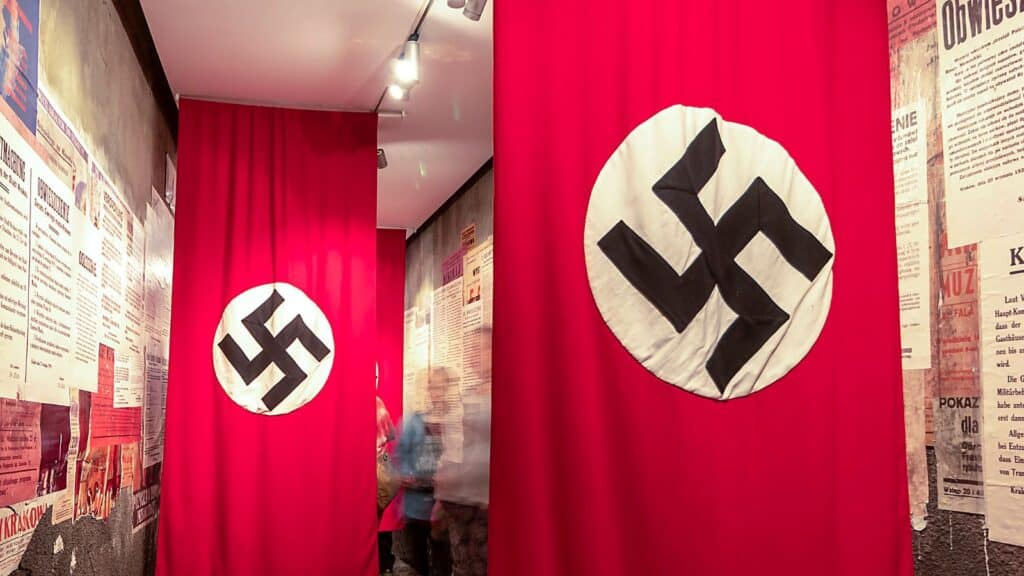
“Ghetto” originated from the Venetian term “getto,” referring to a segregated area where Jews were forced to live. Later, the Nazis used ghettos to confine Jewish populations during World War II; then, it became associated with predominantly Black and Latino neighborhoods facing poverty, disinvestment, and social neglect. By using “ghetto” to describe a neighborhood, you might unintentionally reinforce negative stereotypes about race, crime, and socioeconomic status.
“She Should be Burned at The Stake”

Saying someone should be ‘burned at the stake’ is an extremely harsh and violent statement. It suggests a desire to inflict extreme punishment, often for trivial or invented reasons, which happened when women had to endure witch trials unnecessarily.
“Call The Policeman”

Language evolves, and so should our terminology. ‘Police officer’ is a more inclusive way to describe someone who works in law enforcement, replacing the outdated term ‘policeman.’
“My Elderly Uncle”

Using the term “uncle” emphasizes age as a defining characteristic, potentially reducing someone to their age group. “Elderly” can also carry stereotypes of frailty, dependence, or being out of touch. “Older adults” or “mature adults” would be more inclusive.
“She looks Exotic”

Describing someone as exotic can imply someone is different or strange because of their race or ethnicity, setting them apart from the norm. This can be othering and alienating as well as being overly sexual when used to refer to women.
“She’s an Illegal Alien”

As well as prioritizing a person’s immigration status over their humanity, the term “illegal alien” can make people feel unwelcome and like outsiders. Depending on the context, “undocumented person” or “someone without legal status” might be more appropriate.
“That’s So Lame”

Historically, “lame” explicitly referred to physical disabilities, particularly those affecting walking. Therefore, using the word “Lame,” while familiar, can be hurtful to people with disabilities.
“She’s Just a Dumb Blonde”

This outdated phrase reduces women to their physical appearance and undermines their accomplishments. Women can be intelligent, strong, and capable, regardless of hair color.
“Open Sesame”
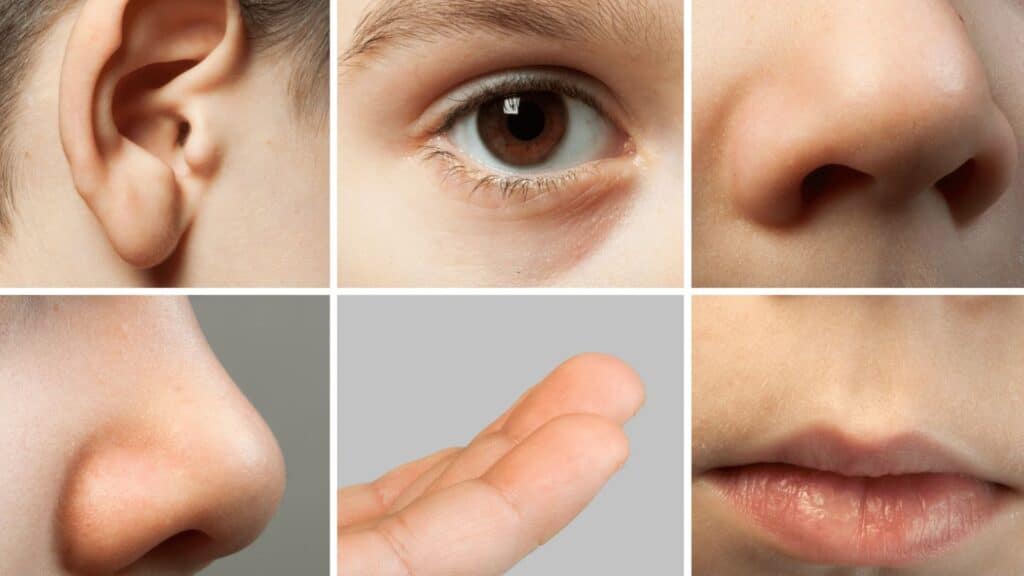
The phrase comes from the French translation of “One Thousand and One Nights” and wasn’t initially used in a derogatory way. It simply refers to the magical phrase that opens a treasure cave in the story of Ali Baba. However, like many phrases, it can be misused. If someone uses “open sesame” to stereotype or mock people from the Middle East, then it becomes offensive.
“He Downloaded it Illegally”

Saying “unauthorized copy” can be a more nuanced way to describe something downloaded without permission. This emphasizes the lack of permission, which is the core issue with copyright infringement, but it doesn’t mention the legal implications of what may have been a simple mistake.
“He’s an Addict”
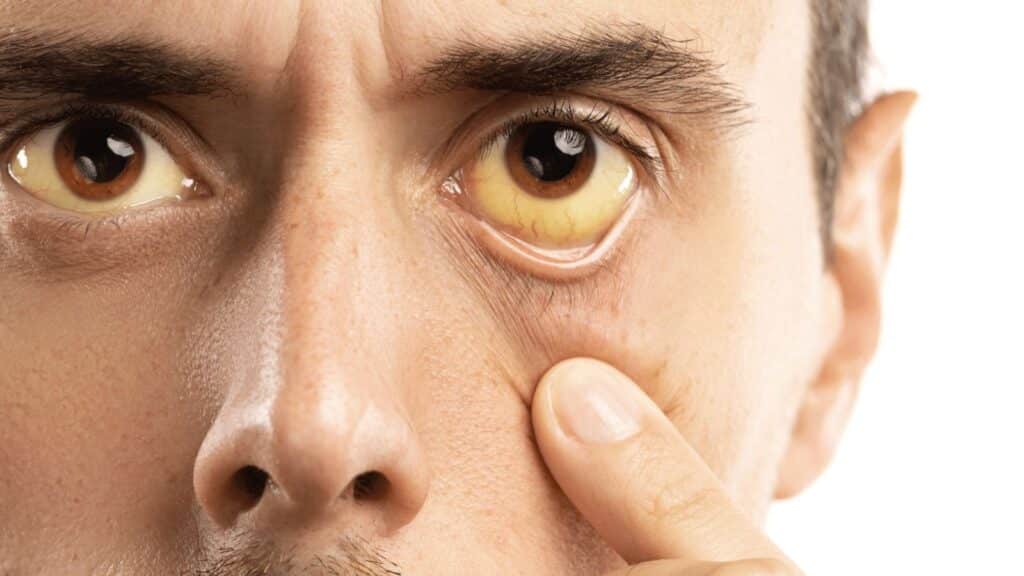
The term “addict” can carry a negative stigma. It can make someone feel judged or ashamed. Focusing on the person and their struggle can be more compassionate. “He’s a person in recovery,” and “He’s managing a substance use disorder” are both inclusive phrases to use instead.
“Act like a Real Man”
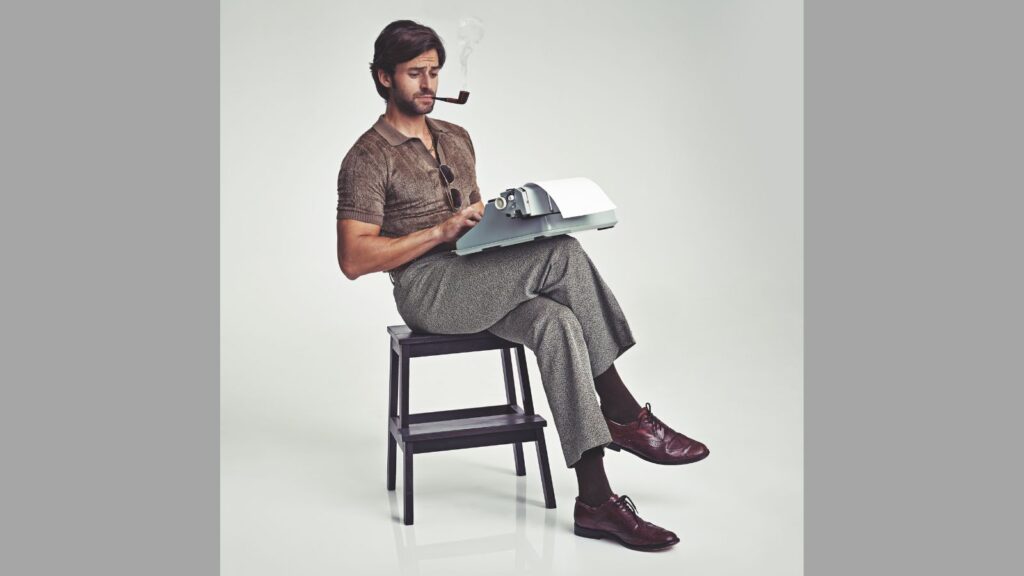
The terms “real man” and “real woman” can be unnecessary and limiting. They suggest a narrow definition of masculinity or femininity that people should conform to. This is exclusionary and doesn’t reflect the diversity of gender identities and expressions.
“It’s on the White List”

While “whitelist” has traditionally been used in cybersecurity, it’s increasingly seen as insensitive due to its historical connection to racial bias. The terms “whitelist” and “blacklist” originated from 18th-century practices where “white” lists included those deemed worthy and “black” lists excluded those seen as undesirable.
“Master Bedroom”

Real estate agents are moving away from the term “master bedroom” in favor of more inclusive options like “primary bedroom.” The term “master” can evoke connotations of slavery and power imbalances, making it insensitive.
“I’m Colorblind”

While said with good intentions, the term “colorblind” is not as inclusive as some people think. Racism and racial bias are authentic experiences for many people of color. Saying you’re colorblind dismisses these experiences and suggests race doesn’t play a role in society.
“You Need to Take a Sanity Check”
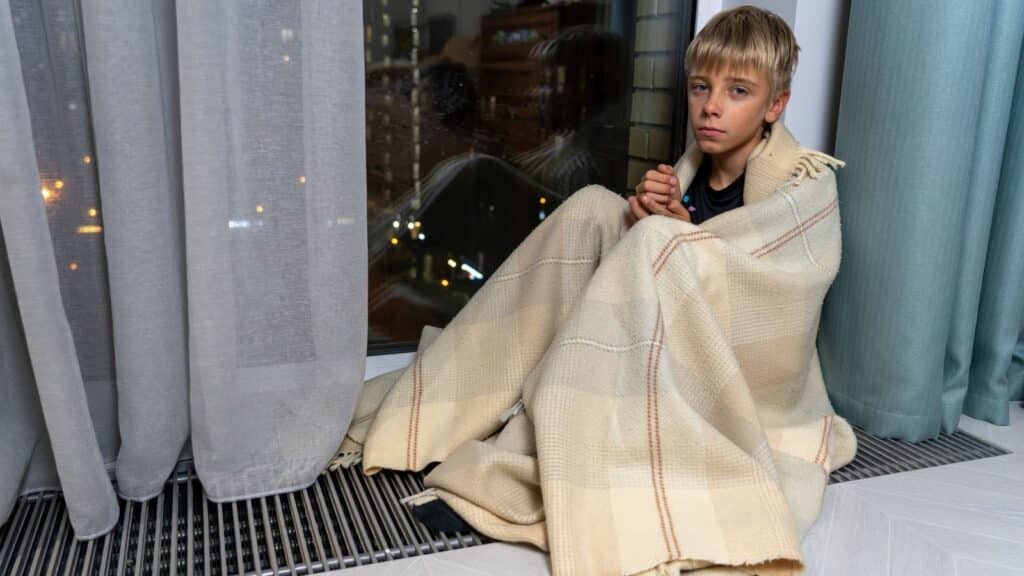
This phrase reinforces negative stereotypes about mental health by using “sanity” as a negative term. Mental health struggles are real and using a “sanity check” in this context can be insensitive.
“Hi Guys”

“Guys” is traditionally used to address a group of men or boys. While sometimes used informally for mixed groups, it can unintentionally exclude women and non-binary people.
“Follow the Rule of Thumb”

There’s a debated legend that an old English law allowed a man to beat his wife with a stick no wider than his thumb. While the law may not be verifiable, the saying originates from this concept. Even if the origin story isn’t entirely accurate, the phrase carries the weight of condoning violence against a spouse.
“Eskimo”

The origin of the term “Eskimo” is uncertain, and some theories suggest it might be derogatory in its original language. Regardless, its meaning is unclear and doesn’t reflect the diversity of the Inuit and Yupik cultures.
“She is so Dumb”
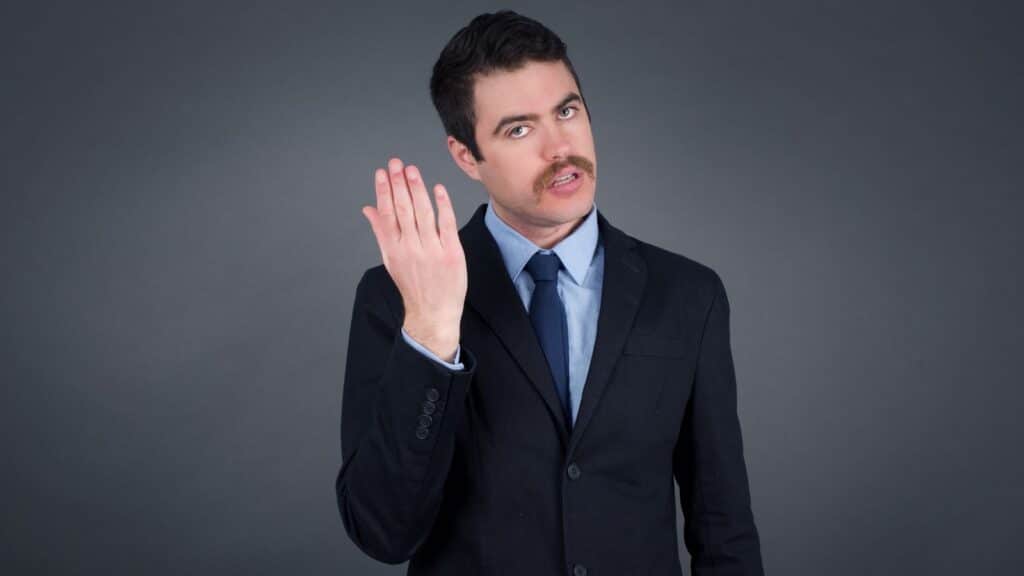
“Dumb” is often linked to stereotypes about disability, particularly intellectual disabilities. This can be insensitive and perpetuate negative views of people with learning differences and can also make young people who are called dumb feel insecure.
19 Grim Realities of Dating After 50 That Are Often Overlooked

19 Grim Realities of Dating After 50 That Are Often Overlooked
26 Things That Will Be Extinct Because Millennials Refuse to Buy Them

26 Things That Will Be Extinct Because Millennials Refuse to Buy Them
24 Outdated Slang Terms You Absolutely Shouldn’t Be Using Anymore

24 Outdated Slang Terms You Absolutely Shouldn’t Be Using Anymore
25 Hardest Parts About Getting Older That No One Ever Talks About

25 Hardest Parts About Getting Older That No One Ever Talks About



